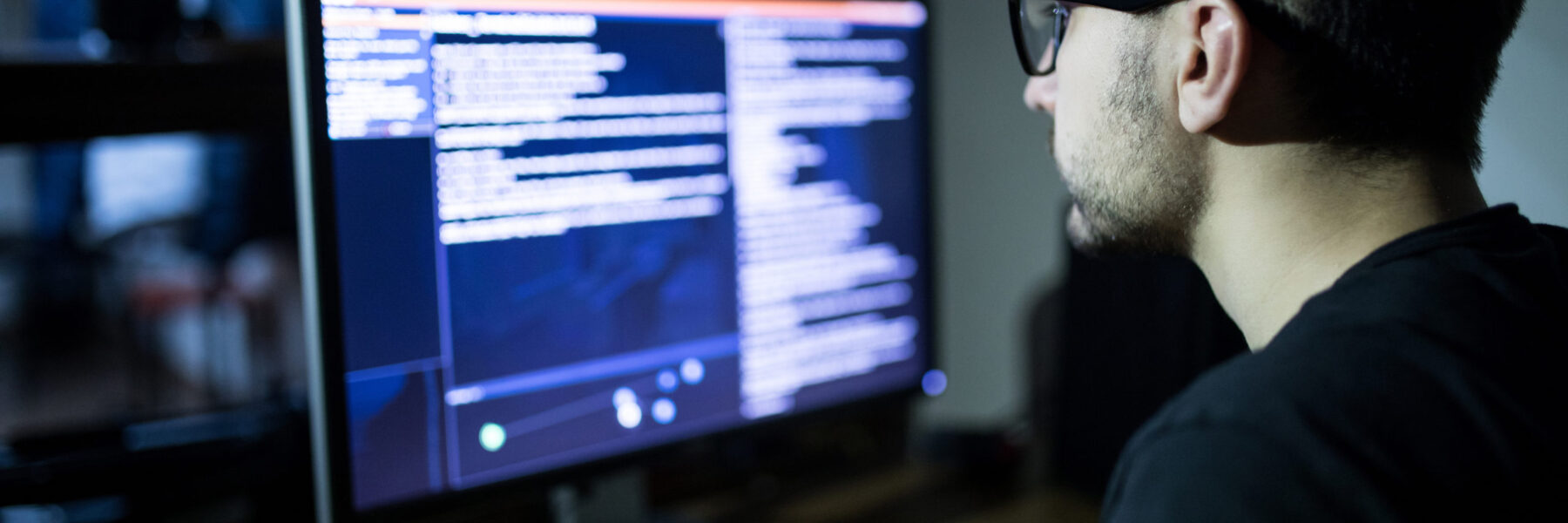Hidden Wiki is synonymous with the darknet, a mysterious internet realm. A Tor-only network of websites is known for drug trafficking and criminality. The Hidden Wiki’s illicit and legal elements show the darknet’s complexity.
This article discusses Hidden Wiki’s history, ambitions, and controversial themes. This exploration will help you understand the Hidden Wiki, its operations, and its moral and ethical issues.
1. Hidden Wiki Birth
Understanding the Hidden Wiki‘s history is vital to its value. Modern Hidden Wiki evolved from the darknet in the mid-2000s. A central directory of Tor-based websites is concealed from search engines.
The Hidden Wiki helps users access darknet sites. These sites had marketplaces, forums, whistleblower platforms, and political activism. To help individuals explore the huge darknet, which is notoriously impossible without aid, the Hidden Wiki was founded.
2. Hidden Wiki Duality
Hidden Wiki intrigues because of its dual nature. It can help legitimate privacy and anonymity seekers. The darknet and Hidden Wiki allow journalists, activists, and civilians in oppressive governments to communicate securely and access unfiltered information. Allowing whistleblowers to expose critical documents has also safeguarded them.
However, Hidden Wiki’s bad side is inevitable. Long related to drug trafficking, arms trade, and cybercrime. Despite being a minor part of the covert Wiki’s services, their operations shadow the entire network.
3. Hidden Wiki Navigation
Hidden Wiki requires Tor—”The Onion Router.” The privacy-focused browser Users’ internet traffic is routed through volunteer servers by Tor, making tracking them impossible. Darknet browsing is anonymous with Tor.
After installing Tor, enter the Hidden Wiki onion address to access it. Due to law enforcement or other reasons, users use internet forums and organisations to find the current Hidden Wiki address.
Users locate various website and service links in the Hidden Wiki. A categorised directory makes content easy to find. Includes forums, marketplaces, blogs, etc. Click these links to find hidden services.
4. Moral/Ethical Issues
Users and society face moral and ethical issues with the Hidden Wiki. As well as legal and harmful activities, the Hidden Wiki promotes them.
Crime and Anonymity: The darknet, notably the Hidden Wiki, promises perilous anonymity. It protects privacy and safety in hazardous situations and supports free speech. It allows criminals to operate freely, making law enforcement harder.
Balancing Free Speech: The Hidden Wiki exposes government corruption and business misbehaviour by protecting free speech and whistleblowers. It hosts hate speech, radical ideologies, and illegal content, forcing society to confront free expression restrictions.
Enforcement and Regulation: Governments worldwide must determine whether to regulate the darknet, including the Hidden Wiki. Maintaining online freedoms while preventing crime is tricky.
Advances in technology enhance darknet capabilities. Encryption, money, and privacy technologies hinder law enforcement’s Hidden Wiki criminal response.
5. Hidden Wiki Future
Hidden Wiki’s future is unpredictable and shifting. Significant elements will shape its trajectory:
Law Enforcement: Governments and police are vigorously combating darknet criminality. High-profile darknet marketplace and website takedowns hurt Hidden Wiki and others.
Technological Advances: Blockchain, encryption, and cybersecurity will revolutionise the darknet’s legal and illegal characteristics.
Public Awareness: The darknet and Hidden Wiki will draw good and bad people. Its fate depends on public opinion and examination.
Society will debate Hidden Wiki’s moral and legal difficulties. Online privacy, liberties, and law enforcement debates will shape it.
Conclusion
Core darknet directory Hidden Wiki is complex and multifunctional. It hosts morally questionable crimes but also offers anonymity, free speech, and whistleblowers. Technology, law enforcement, and awareness determine the Hidden Wiki’s destiny. The darknet is dual, thus we must address its ethical and legal consequences.
